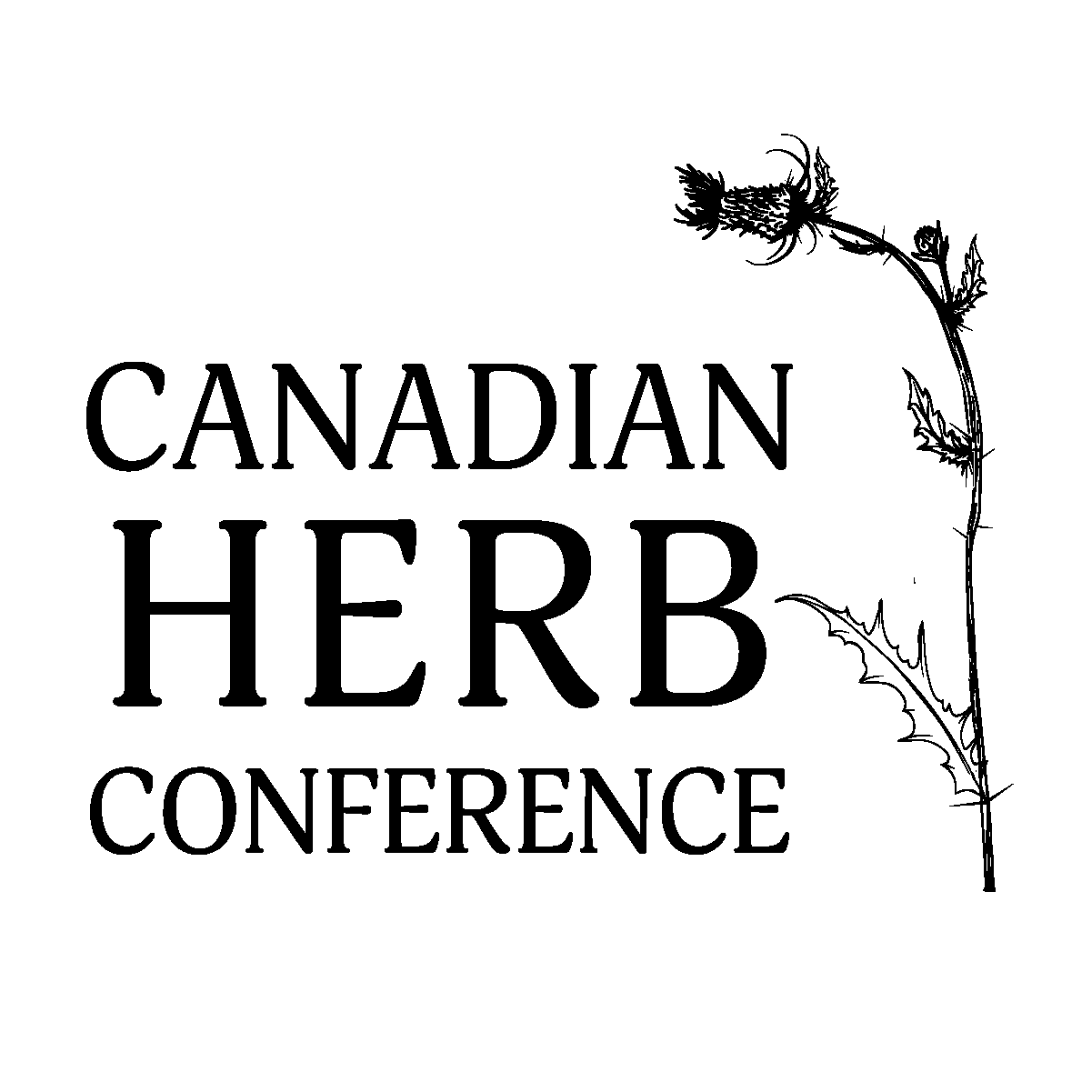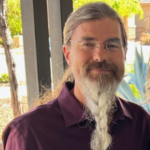Improving Neuroplasticity after Neurological Injury
Our embodied mind responds to an ever-changing world that, too often, swings between the extremes of safeness and unsafeness, resulting in a constant recalibration of the neural architecture to the unfolding physical sensations of life. This is how we derive a sense of meaning from our experiences. The essence of neuroplasticity is that it is both an ongoing and dynamic process and that it results in the constant assembling and disassembling of microtubular neural structures, which become consolidated through sensory feedback. Those neuronal connections that are not consolidated because they lack sensory input are culled, and their raw materials are used for the next growth spurt.
Central to this idea is how effectively our neurological system can shift its architectural components to better accommodate those experiences of life. Body contact, breastfeeding, being held, movement, and affectionate play naturally provide a constant source of multi-sensory experiences that feed development from infancy into adulthood. Neurologic disruption from injury or infection creates a condition of sensory deprivation, which also affects neural remodeling.
The experiences of anxiety and pain are likewise big players in how we remodel our nervous system while we determine that our world is safe or unsafe. Each of us can be selective in how we interpret our reality; our mind and our senses conspire to make us decide what is real and what is unreal, what to remember and what to forget, they coordinate our feelings of pleasant or unpleasant, beauty or ugliness, appealing or not appealing.
Botanical medicines provide a means to recalibrate one’s experiences with agents like Kava (Piper methysticum), Valeriana spp, Leonurus cardiaca, and Leonotis leonurus, which have a defined effect on most people, but it is not uniform across all individuals. As we discuss these subtleties, we have the opportunity to understand ourselves, our neighbors, and our world more deeply.

